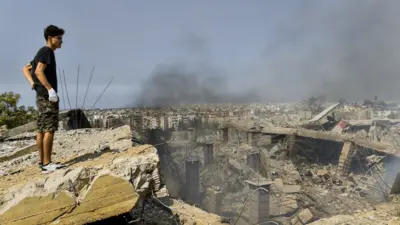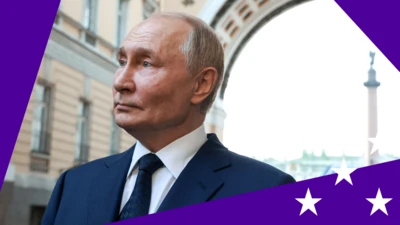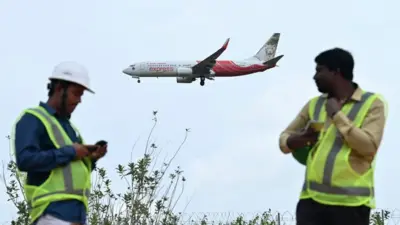We've updated our Privacy and Cookies Policy
We've made some important changes to our Privacy and Cookies Policy and we want you to know what this means for you and your data.
Kaesong talks: North and South Korea reach agreement
Officials from North and South Korea have agreed in principle to reopen the Kaesong industrial complex.
The deal, which includes facilities inspections, was reached after marathon talks held at the truce village of Panmunjom in the demilitarised zone.
Work at the factory park was halted in April amid high regional tensions.
Correspondents say the closure of Kaesong, seen as a symbol of inter-Korean ties, showed how serious this year's political tensions were.
The industrial complex is a major source of income for the North.
Attempts to hold high-level talks last month failed on procedural grounds.
'Very willing'
The meeting on the North Korea side of Panmunjom started on Saturday and lasted at least 15 hours.
Officials will meet at Kaesong on Wednesday to "restart operations, prevent an operation suspension in the future and normalise the zone as soon as both sides are ready to do so", South Korea's chief delegate Suh Ho told reporters after the talks.
"We got an impression that the North was very willing to resolve the Kaesong issue and is making great efforts as well," Suh Ho said.
As part of the deal, both sides agreed to allow South Korean company managers to inspect their factories, as well as retrieve finished goods and raw materials.
Prior to operations being suspended, there were around 120 South Korean businesses in the factory park. The firms have been unable to reach their goods for three months.
Some have since threatened to abandon the zone entirely and relocate their equipment.
Seoul suggested the working-level talks on Thursday, a day after Pyongyang said Seoul businessmen could visit the closed complex to inspect and maintain equipment.
Late on Thursday, North Korea accepted the offer, the South said.
Pyongyang withdrew its 53,000 workers from the complex in April, apparently angered by tightened UN sanctions in the wake of its nuclear test in February, and annual South Korea-US military drills.
North Korea also prevented South Korean workers from entering the joint commercial zone.
The last South Korean workers left the zone on 3 May.
The talks were very limited but could pave the wave for discussion of bigger issues such as North Korea's nuclear programme, says the ΒιΆΉΤΌΕΔ's Seoul correspondent Lucy Williamson.
Top Stories
More to explore
Most read
Content is not available








